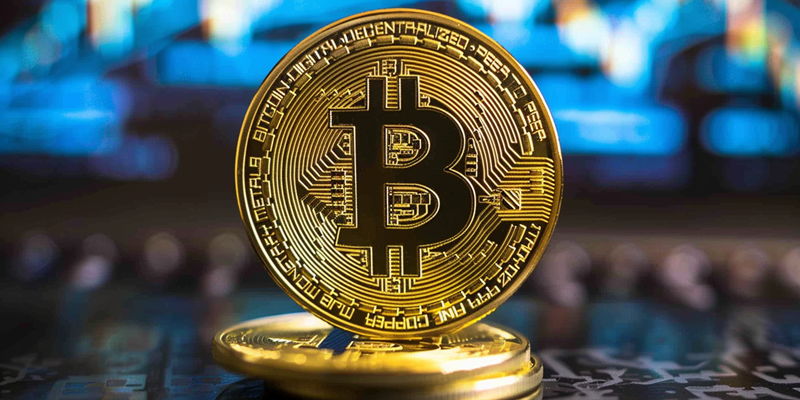With an abundance of hydroelectric power, Paraguay has emerged as a favorable location for the energy-intensive process of Bitcoin mining. However, as operations expanded, they began to excessively draw power, threatening the stability of the national grid. This surge in clandestine mining ventures has not only precipitated financial losses for the National Electricity Administration (ANDE) but also raised concerns about the country’s energy infrastructure. In response, the Paraguayan government is pursuing assertive legislative and enforcement measures to clamp down on unauthorized mining, indicating a firm stance against the illegal usurpation of electricity.
Legislative Efforts to Penalize Unauthorized Mining
The Paraguayan legislative body has introduced a bill with strict penalties, pointedly addressing the issue of illegal Bitcoin mining. The proposed penalties are severe, with potential sentences of up to 10 years for individuals involved in these unauthorized operations. This legislative move underscores the breadth of the government’s commitment to thwarting activities that jeopardize the effectiveness of the national power grid. Presidential Spokesperson Paula Carro has amplified the urgency of these measures, asserting that the protection of ANDE’s interests, as well as the security and reliability of power services for all Paraguayans, are paramount. These proposed legislative actions form a comprehensive approach aiming not only to punish wrongdoers but also to deter the theft and unlawful consumption of the country’s electrical energy.
Government Raids and Seizure of Mining Equipment
Amplifying their resolve, the government has partnered with law enforcement to dismantle illegal Bitcoin mining setups throughout Paraguay. In a series of coordinated raids, more than 5,000 specialized mining rigs have been seized, making a significant dent in the underground mining industry. These actions serve as a clear demonstration of the government’s willingness to enforce the law and protect ANDE’s assets. Collaborative endeavors by the Public Ministry and the Judiciary reflect a shared commitment to combating illegal power consumption by Bitcoin miners. These raids not only disrupt existing illegal operations but also project a stern warning to potential offenders, signaling that the costs of illicit mining could extend beyond financial losses to include criminal prosecution.
A Private Member’s Bill and the Future of Bitcoin Mining
Meanwhile, third-party legislators have proposed a contrasting approach: a private member’s bill is calling for a complete suspension of all Bitcoin mining activities in Paraguay until an effective regulation mechanism is in place. This radical proposal signifies the depth of concern regarding the uncontrolled growth of the cryptocurrency mining industry and its impact on national resources. The bill’s fate remains uncertain, lingering in committee deliberations, yet its contemplation alone speaks to a broader debate over how Paraguay should navigate this complex issue. Should such a measure pass, it holds the potential to reshape the nation’s cryptocurrency mining landscape, affecting both legal and illegal operations alike.
Achieving Consensus Among Lawmakers
A unified voice is resonating among Paraguay’s lawmakers, emphasizing the need for decisive legal action to curtail the proliferation of unauthorized Bitcoin mining. The convergence of viewpoints signals a collective endeavor to establish a regulated sector while protecting national energy resources. By doing so, they aim to create a balanced environment where regulated cryptocurrency mining can coexist with the public’s energy needs. This framework of consensus reflects a desire to bring order to an industry burgeoning in the shadows, securing a future where innovation does not come at the cost of national stability and sovereignty in energy management.
The Global Trend of Regulating Cryptocurrency Mining
Paraguay, rich in hydroelectric power, has become an attractive spot for Bitcoin mining due to the energy requirements of the process. However, as mining operations have grown, they’ve begun to overtax the power grid, compromising its stability. This surge in unauthorized mining activities has led to significant financial losses for the National Electricity Administration (ANDE), and raised concerns regarding the country’s energy infrastructure.
The increased draw on electricity by these clandestine ventures has prompted the Paraguayan government to take a tough stance. Legislative measures are being considered and enforced to address the illegal consumption of electricity by these unauthorized mining operations. By cracking down on these activities, Paraguay is working to protect its national grid from instability and financial harm. This approach reflects the government’s commitment to safeguarding the nation’s resources and ensuring the lawful use of its abundant hydroelectric power for sustainable development.

